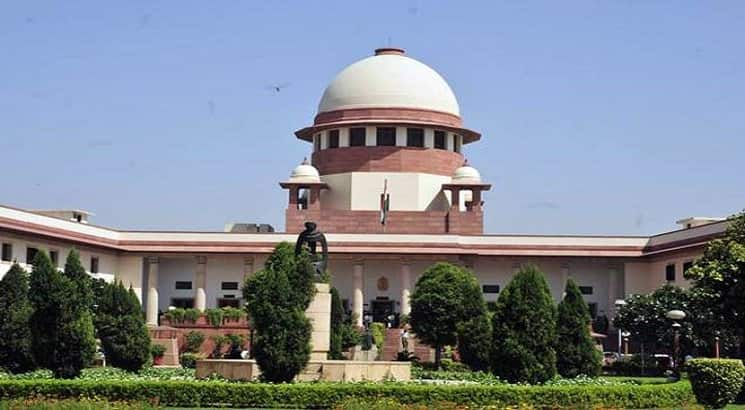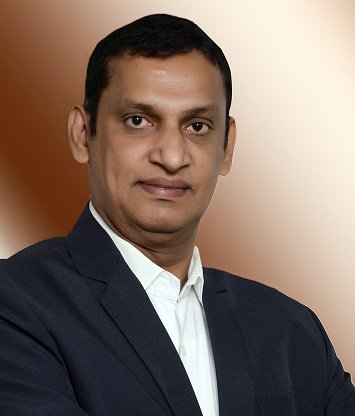"For ADR to succeed, there should be professionally qualified persons at the helm of affairs"
Abhay Anand | February 9, 2018 | 04:33 PM IST | 5 mins read

Kaleeshwaram Raj, Advocate at Supreme Court of India and Author of the book ‘Rethinking Judicial Reforms: Reflections on Indian Legal System’ speaks to Careers360 on the importance of Alternative Dispute Redressal (ADR).
Q: Could you give us a brief overview of Alternative Dispute Redressal?
Kaleeshwaram Raj: Alternative Dispute Redressal has several facets in India. First of all, we have the Lok Adalat system, which has been evolved by the Legal Services Authorities Act,1987. According to Section 21 of the statute, if the matter gets settled in the Lok Adalat, that settlement will have the force of a decree. So, by way of the said enactment, the country has given legal legitimacy to the process of mediation and out of court settlement.
Permanent Lok Adalat systems are new devices under Section 22 of the Act by which the willing parties can settle the matters out of court even with public utility authorities dealing with transport, postal service, power supply etc. and the kind of documents or the agreement which the parties are arriving at by way of out of the court settlement will have the sanctity of a decree as per Section 22 of the Act.
 Q: What if there is a non-compliance with the agreement?
Q: What if there is a non-compliance with the agreement?
Kaleeshwaram Raj: If there is a non-compliance with the agreement, then the party aggrieved will be able to execute the agreement. This is the big difference that the Lok Adalats have made to the conventional forms of settlement. A person doesn’t need to restart the case since he/she only needs to execute it.
Secondly, the Civil Procedure Code has been amended in such a way that when there is an element of a settlement, or there is a possibility of a compromise, then even the conventional civil court will have to refer the matter for mediation, according to Section 89 of the Civil Procedure Code. This again gives a statutory obligation on the part of the civil courts to explore the possibility of settlement. These are the two statutory changes that we have been made in the formal legal scenario.
Q: What can be termed as the biggest advantage of ADR?
Kaleeshwaram Raj: The biggest advantage is that for all the concerned parties, there won’t be any prolongation of litigation. There won’t be any scope for appeal. According to Section 21(2) of the Legal Services Authorities Act, ‘Every award made by a Lok Adalat shall be final and binding on all the parties to the dispute, and no appeal shall lie to any court against the award’.
This creates a kind of a win-win situation for all. There won’t be any kind of dragging of the case. The lag of litigation and its indefinite prolongation will totally vanish. This is a radical shift which has been done.
Q: Is there any possibility of any other forms of ADR?
Kaleeshwaram Raj: There are other forms of ADR as well, predominantly the kind of arbitration which you are having in India, which again is guided by the Arbitration and Conciliation Act, 1996. Commercial arbitration is one the most sought-after method which the parties can choose. When you enter inton an agreement, for example, partnership deed or a business deed, once you make a clause for arbitration, the parties can get a dispute decided by the arbitrator, which again will have the effect of avoiding a prolonged litigation through the conventional courts. International arbitrations are also gaining momentum in recent times.
It is also advisable for the parties to reach an amicable settlement whenever disputes arise because you save money, time and energy. Since there is a formal system of ADR in the present legal scenario, it is wiser to make use of these systems.
Q: Could you trace the roots of ADR in India?
Kaleeshwaram Raj: The roots of this system go all the way back to Mahatma Gandhi who was a lawyer himself and practiced law for a long period. He had a lot of experience as he had settled the disputes by way of negotiation, mediation, and conciliation. All these alternative dispute resolution mechanisms have their conceptual foundation in the Gandhian principle. Therefore, it is quite logical and reasonable to understand the enactments which of late recognized the significance of Gandhian approach of ADR.
Q. In which case is ADR a better option than other alternatives?
Kaleeshwaram Raj: ADR is specifically significant in the matters of family dispute, matrimony dispute, child custody disputes and many more. These are all the areas where ADR is a better option. It will work in a better and an effective way than the conventional forms of the legal system. People will be able to understand the ground realities, the human problems, and the situations.
The approach needs to be more humane, non-technical and organic. This is something, which you can expect more when you go in for a mediation. The lawyers and the social activists should be trained and enlightened to choose a saner, better and a wiser way of dispute resolution, especially in the area of family disputes.
Q: According to you what are the limitations of ADR?
Kaleeshwaram Raj: Primarily, there are no such inherent limitations for ADR. Most of the limitations are man made. For ADR to succeed, there should be professionally qualified persons at the helm of affairs. A lawyer need not always be a good mediator and vice-versa. In India, there is a deficit of professionally trained mediators, who have the inherent appetite and the capacity to resolve the dispute. More than legal acumen, what is required is social acumen.
The mediator should also have a very humane approach to the issue. He should also have a social intelligence to cope with the dispute. These are the areas, which need to be developed. We need to find a sufficient number of trained and capable experts for the purpose of ADR. Even the lawyers need to develop some kind of fascination for Alternative Dispute Redressal, which the country is lacking at present.
Follow us for the latest education news on colleges and universities, admission, courses, exams, research, education policies, study abroad and more..
To get in touch, write to us at news@careers360.com.